Dance School Shows & BOPA: A Stress-Free Guide for Dance Teachers
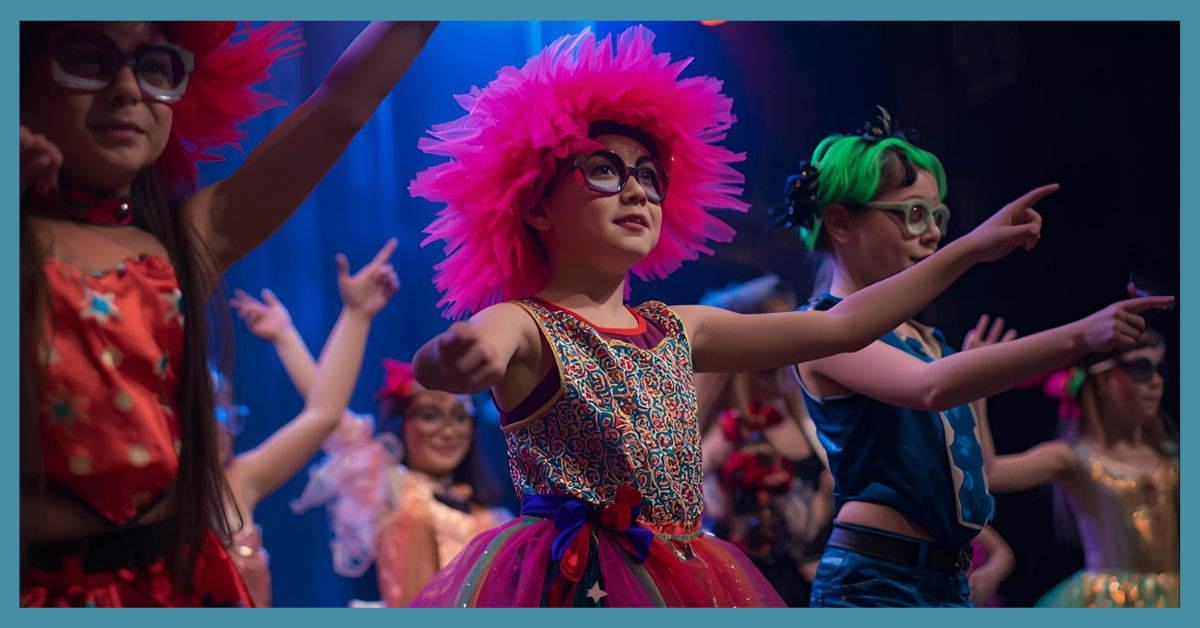
Putting on a dance school show is one of the most exciting (and let’s be honest, most exhausting) things you’ll do as a dance teacher. Months of rehearsals, costume chaos, and last-minute music edits all lead up to that magic moment when your students finally step onto the stage.
But before you get swept away in the excitement, there’s one little thing that dance teachers tend to panic about: BOPA and performance licences.
Remember the Old-School Dance Show Days?
If you’ve been in the dance world for a while, you’ll know that years ago, things were… well, let’s say, a little more relaxed.
Picture it:
- One big changing room where kids of all ages—boys, girls, toddlers, and teens—were crammed together in a chaotic mix of leotards, sequins, and hairspray fumes.
- Parents wandering in and out, often without a DBS check, casually fixing costumes while stepping over someone else’s child.
- Children without their parents for hours, while teachers desperately tried to do everything—from running the show to supervising a room full of overtired kids hyped up on sugar.
- Nobody really questioning any of it, because “that’s just how it’s always been done.”
Fast forward to today, and we’ve thankfully moved on. Safeguarding is now a priority in the dance world, and rightfully so. As teachers, we have a responsibility to ensure that every child is safe, properly supervised, and well cared for during performances.
The good news? It doesn’t have to be scary. If you follow a few simple steps, you’ll have everything sorted and can focus on putting on an amazing show—without any safeguarding grey areas.
What is a BOPA, and Why Do You Need One?
BOPA stands for Body of Persons Approval, and it’s basically a licence that covers all the children in your show under one approval, instead of having to apply for individual performance licences for every single child.
It’s issued by your local authority (or, in some cases, the Secretary of State for organisations performing across multiple council areas). Some national organisations hold a BOPA from the Secretary of State which can cover their members, but those members must still notify the local authority where the performance is taking place.
All BOPAs are issued free of charge.
It’s a legal requirement under Section 37 of the Children and Young Persons Act 1963, and its purpose is to ensure that children performing in shows are safe, properly supervised, and not overworked.
In short: If you’re running a dance school show with children under 16 (in Year 11 at school or under), you probably need one.
BOPA vs Individual Performance Licences: What’s the Difference?
If you don’t get a BOPA, you’d need to apply for an individual child performance licence for every single child in your show.
Important to know: Individual licences are issued specific to each child and each show, so no child will “already have one.” In some rare cases, a child may qualify for an exemption, but the safest and easiest way to cover every performer is to apply for a BOPA.
BOPA makes life easier because:
- It covers the whole group under one application
- It removes the need for individual child licences
- It’s free
- It helps you stay legally compliant without drowning in paperwork
Licensed Chaperones: What You Need to Know
A licensed chaperone is an adult who is legally approved by their local authority to supervise children in a performance setting. They act in place of the child’s parent, making sure their welfare is prioritised at all times.
Chaperone licences can only be issued by the local authority where the chaperone lives. The process (and the cost) varies across the country. Some councils charge a fee—often cheaper for volunteer parents than for professional chaperones such as teachers.
How Many Chaperones Do You Need?
The legal requirement is a maximum of 12 children per licensed chaperone, but in reality you will often need many more depending on the ages of the children, the demands of the show, and the layout of your venue.
- 1 licensed chaperone per 12 children (if all children are aged 5 and over)
- 1 licensed chaperone per 8 children (if the group includes under-5s)
Can Under-5s Perform?
There is no legislation that prevents under-5s from performing. However, strict regulations around the hours they can be present at a place of performance often mean they cannot stay for the whole event.
With careful planning—for example, having them arrive in costume, perform their number early, and then go home afterwards—it is possible to include under-5s in shows. It does require extra organisation and enough licensed chaperones.
FAQs: Do You Always Need a BOPA?
Do I Still Need a BOPA if the Show is Just for One Night?
Yes. The performance regulations apply to all shows that involve children, even if it’s just a single day. A licence (BOPA or individual) is required if:
- The show is ticketed or open to a paying audience
- The event takes place in licensed premises (most theatres and community halls)
- The performance is recorded for future broadcast, internet/social media use, or for sale
- The children are being paid to take part (or someone is paid on their behalf)
This means the regulations apply to most dance school shows, festivals, and competitions.
What If the Kids Aren’t Getting Changed? Do We Still Need a BOPA?
Yes. The requirement for a BOPA is based on the act of performing, not on whether costumes are changed.
Children must be supervised at all times—not just when they’re changing. No costume changes might mean you don’t need separate dressing rooms, but you will still need licensed chaperones to supervise children from the moment they arrive until they are collected.
Final Thoughts
If your show is ticketed, public, or involves performances by under-16s (up to the end of Year 11), assume you need a BOPA and check with your local authority.
It’s always better to be safe than to find out at the last minute that you need licences and don’t have them. The earlier you contact the council, the better.
If you’re unsure, contact the Child Performance Licensing team at the local authority for your venue. The NNCEE also provides useful resources, including:
- Standard BOPA forms and guidance
- A list of Local Authority contacts across the UK
- Details of permitted performance times by age
All of this is available for free at www.nncee.org.uk.
Once you’ve done it once, it will feel much easier next time. Get organised, ask questions when needed, and then focus on what really matters—giving your dancers an unforgettable experience on stage.
This article was shaped with the expertise of Jo Booth from the National Network for Children in Employment and Entertainment (NNCEE).

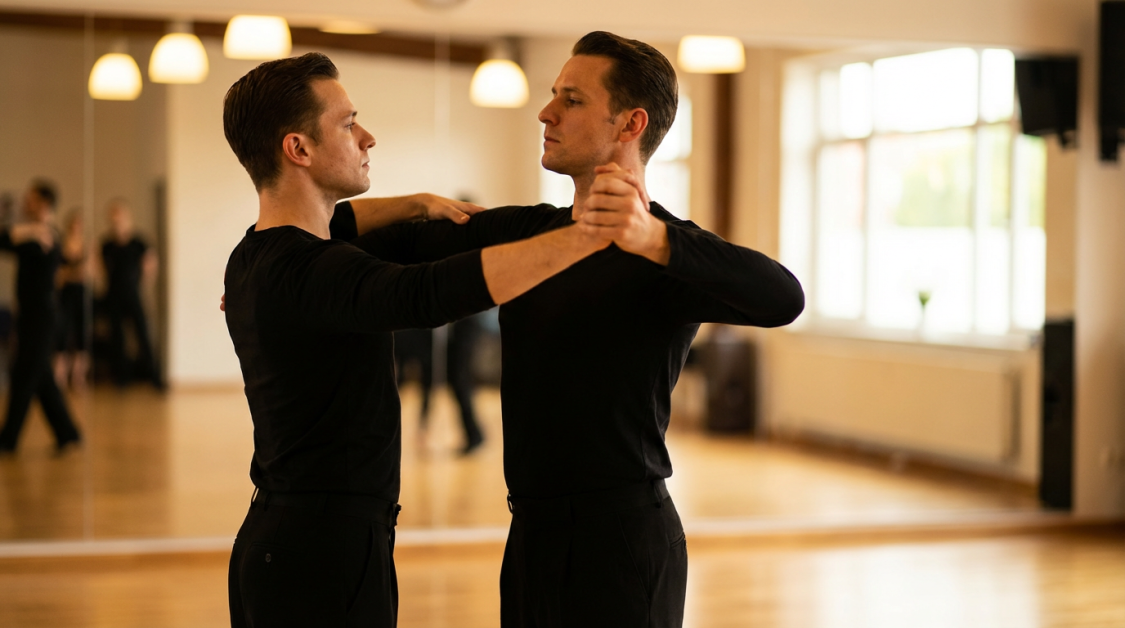
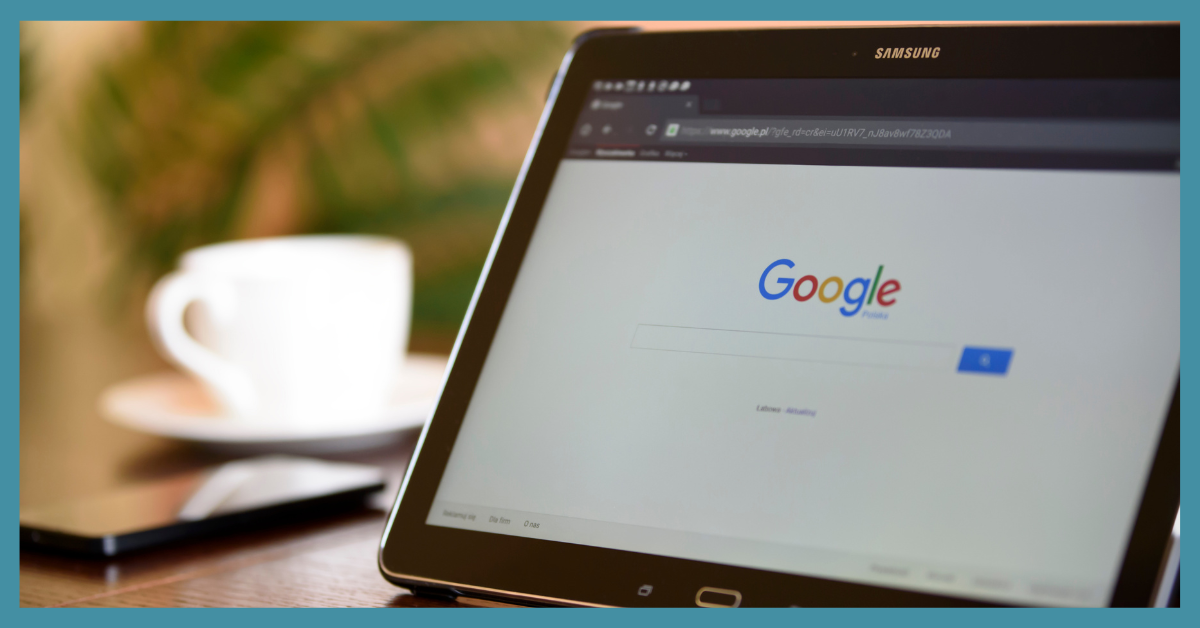
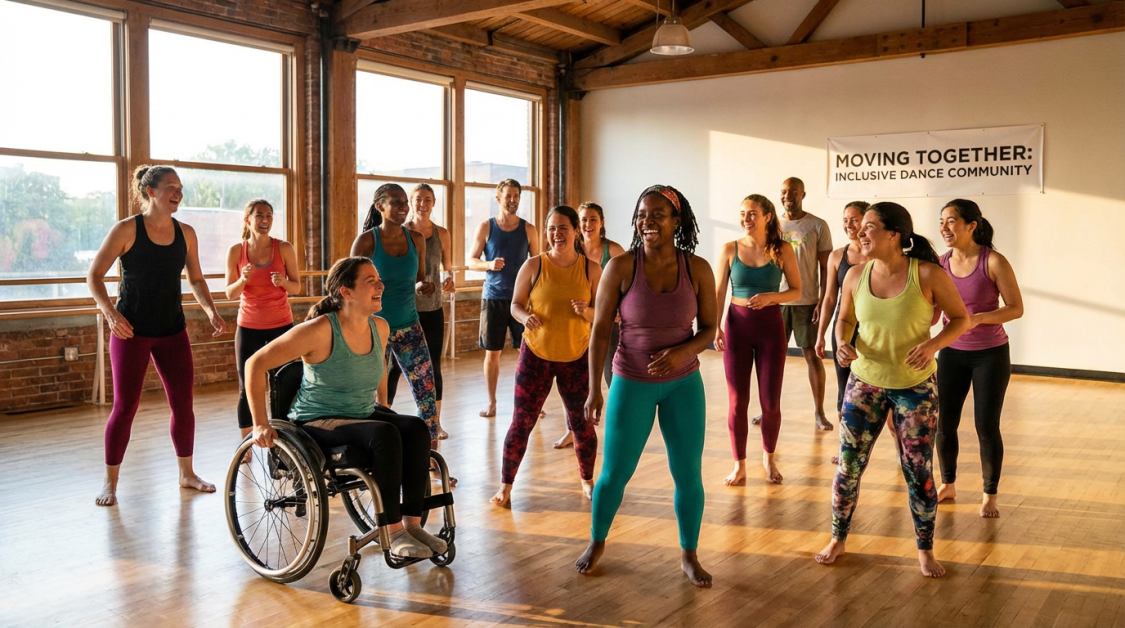
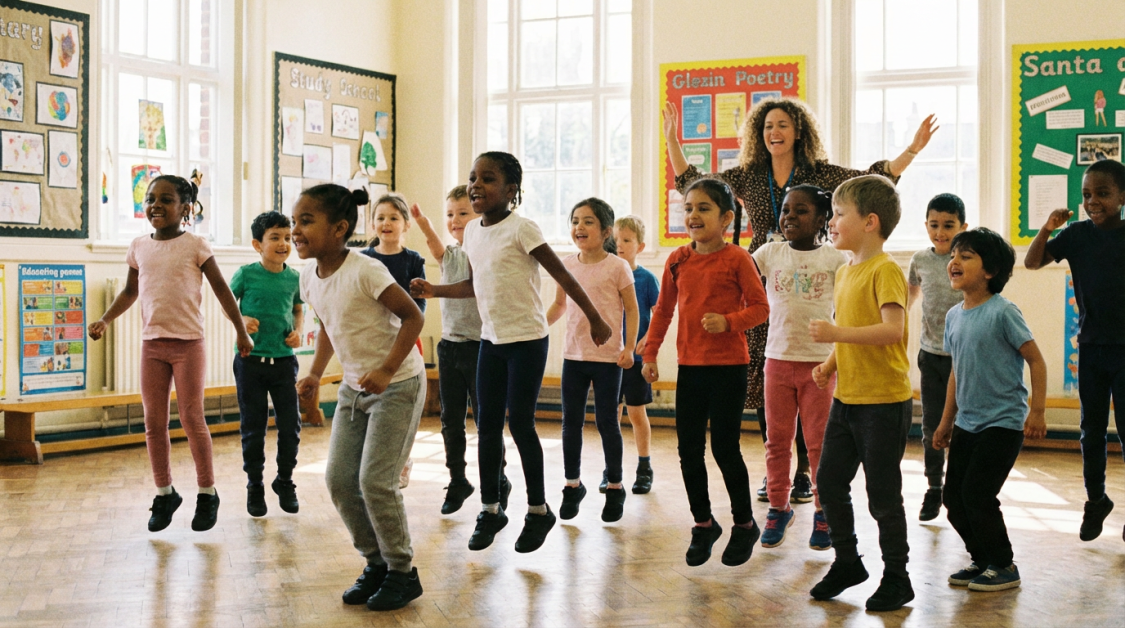

YES YES YES! Info and help that’s so greatly needed for our industry. For anyone thinking of organising a show, be sure to check this out and start your BOPA Procedure! Thank you TEACH DANCE!